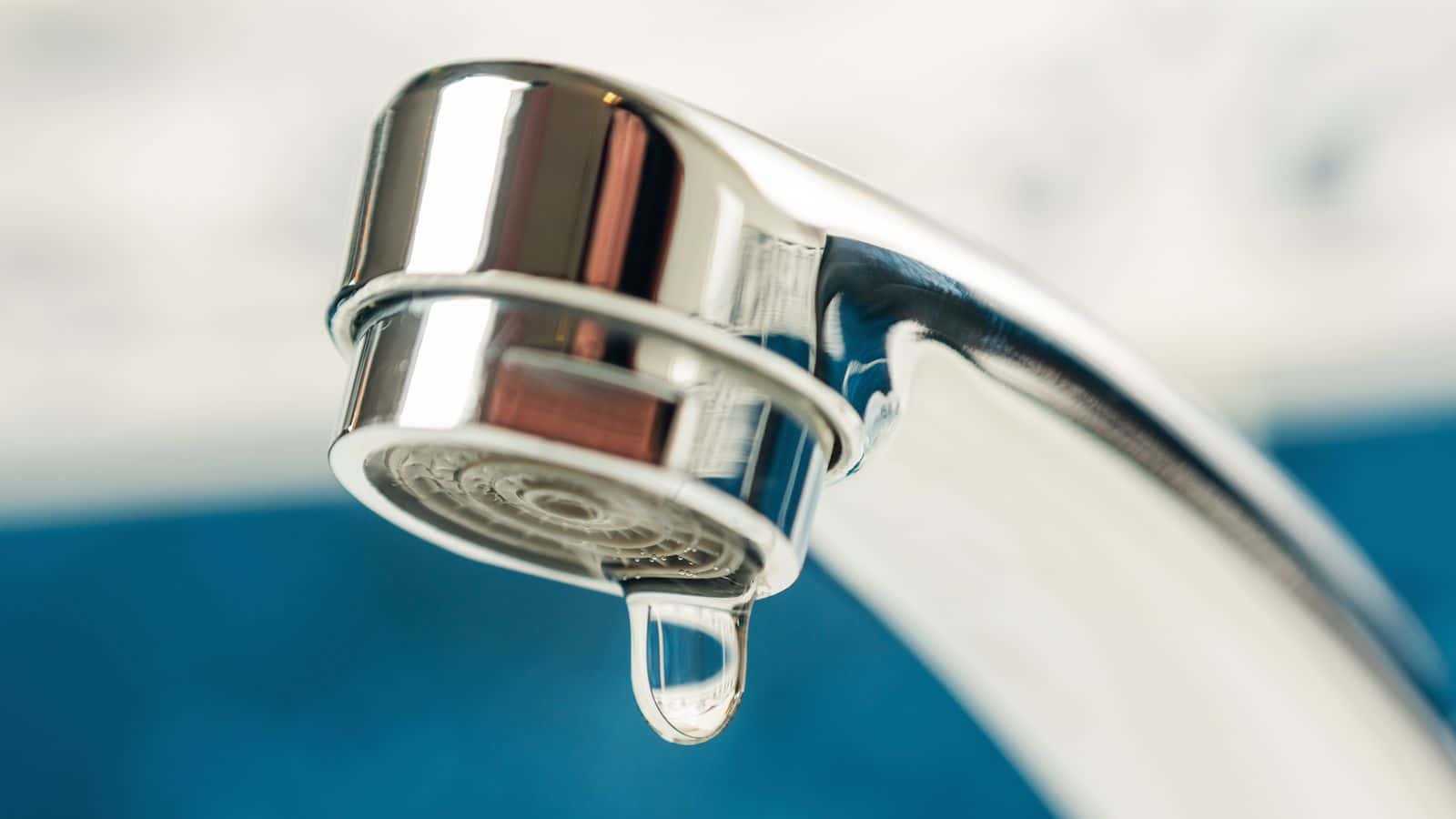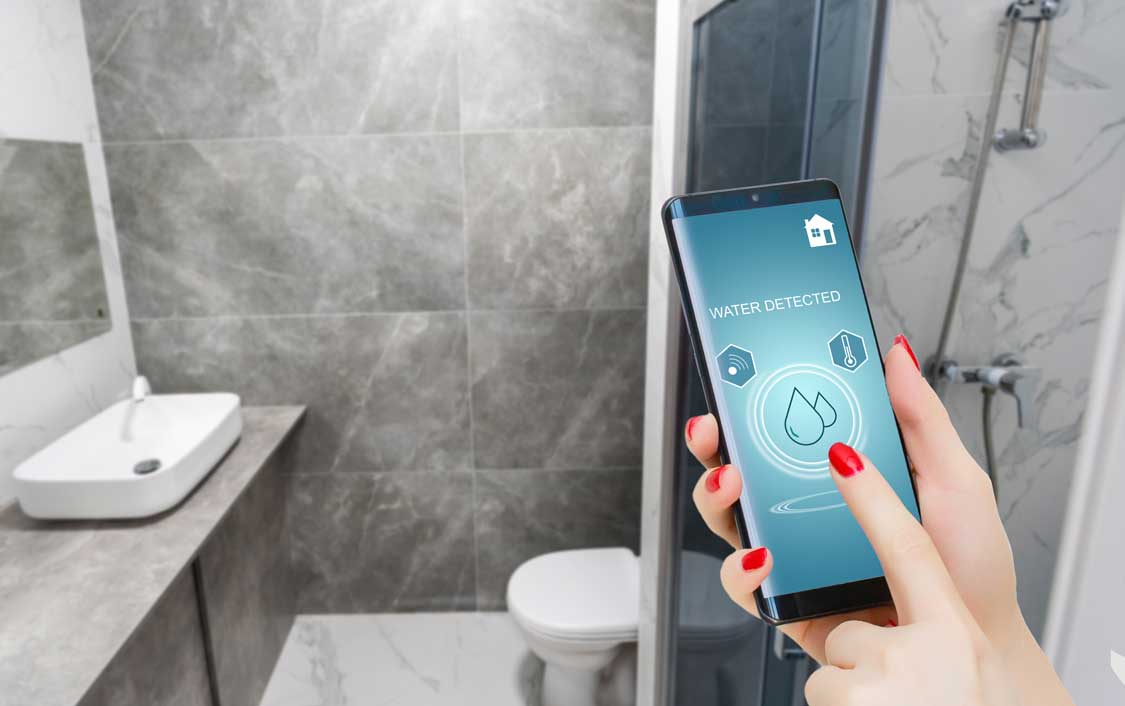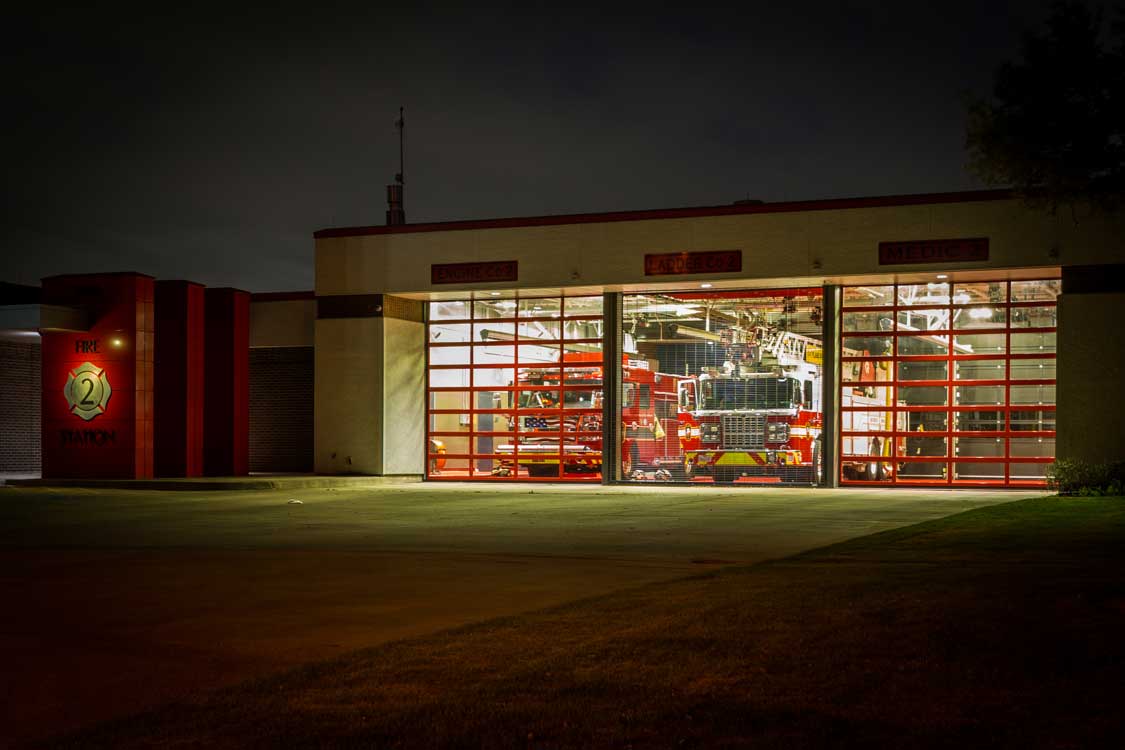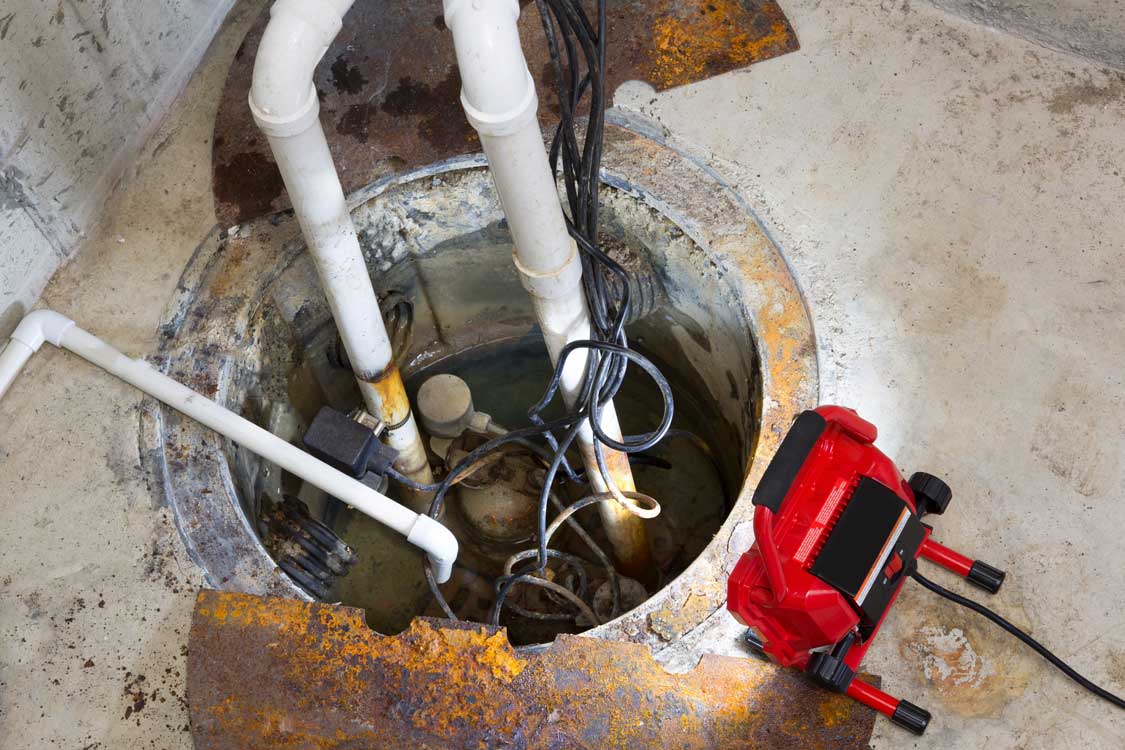Ever shut off your bathtub faucet, only to hear that persistent drip mocking you from the background? Annoying, right? That seemingly harmless leak isn’t just an irritation—it’s a sneaky culprit driving up your water bill and potentially damaging your plumbing over time.
At Bulldog Rooter, we’ve handled every kind of leaky faucet imaginable (and some you wouldn’t believe). Let’s explore why your bathtub faucet is misbehaving and how to stop it for good.
What’s Behind Your Leaky Bathtub Faucet?
A dripping faucet doesn’t happen out of nowhere. Here are the common culprits causing your bathtub faucet to leak after you’ve turned it off:
- Worn-Out Washers or O-Rings
These small rubber components create a watertight seal inside your faucet. Over time, constant use and exposure to water wear them out, allowing water to seep through. - Damaged or Corroded Valve Seat
The valve seat connects the spout to the faucet. Mineral buildup, hard water, or wear and tear can corrode or damage it, preventing the faucet from shutting off completely and causing a persistent leak. - Faulty Faucet Cartridge
Modern faucets often use a cartridge system instead of washers. A worn-out cartridge can fail to control water flow properly, leading to leaks. - High Water Pressure
Excessive water pressure puts undue strain on your faucet’s components, leading to damage and leaks. Installing a pressure-reducing valve can alleviate this issue. - Improper Installation
If your faucet was installed incorrectly or has loose connections, water might leak around the spout or handles. Proper installation ensures a tight, leak-free fit.
Why Is My Bathtub Faucet Leaking When It’s Off?
Sometimes, leaks persist even after you’ve turned the water off. Here’s why:
- Internal Component Wear and Tear: Over time, parts like washers, cartridges, and O-rings degrade, losing their ability to create a watertight seal.
- Mineral Deposits and Buildup: Hard water deposits can block or damage internal components, reducing their efficiency and causing leaks.
- High Water Pressure: Excessive pressure forces water through seals and joints, even when the faucet is off.
If your faucet continues to drip long after you’ve turned it off, it’s a sign that repairs are needed to prevent further damage and wasted water.
But, Why Is My Shower Faucet Dripping?
If you have a shower diverter, it could be the source of the leak. A malfunctioning diverter may fail to fully redirect water, causing a constant drip. It’s also essential to differentiate between residual water draining from the showerhead (normal) and a continuous leak (problematic).
If the dripping persists long after the water is turned off, it’s time to call a professional plumber to inspect and resolve the issue.
Can a Dripping Faucet Cause Damage?
A leaky faucet might seem minor, but the consequences can add up quickly:
- Increased Water Bills: Even a small drip can waste hundreds of gallons of water each month, increasing your utility costs.
- Water Damage: Persistent leaks can lead to mold, mildew, and structural damage to walls, floors, and ceilings.
- Plumbing Strain: Continuous dripping puts unnecessary pressure on your plumbing system, accelerating wear and tear on pipes and valves.
Stop the Drip
A dripping faucet isn’t just a nuisance; it’s a problem that demands attention. Here’s why you should rely on professional plumbing services:
- Accurate Diagnosis: Licensed plumbers quickly identify the root cause, whether it’s a worn washer, corroded valve seat, or faulty cartridge.
- Long-Lasting Repairs: Professionals use high-quality parts and tools to ensure reliable fixes that minimize the risk of future leaks.
- Avoid DIY Risks: Attempting a repair without the right knowledge or tools can worsen the problem or damage your plumbing system.
Preventing Future Faucet Leaks
Avoiding faucet leaks in the future is as important as fixing them now. Take these proactive steps:
- Schedule Regular Maintenance: Have a plumber inspect your plumbing fixtures periodically to catch wear and tear before it becomes a leak.
- Monitor Water Pressure: Keep your home’s water pressure within the recommended range (40-60 psi) to reduce strain on your fixtures. Install a pressure-reducing valve if necessary.
- Upgrade to Durable Fixtures: When it’s time for a replacement, choose high-quality faucets made from materials like solid brass or stainless steel. These fixtures last longer and resist corrosion better than cheaper options.
Trust Bulldog Rooter to Fix Your Leaky Bathtub Faucet
When it comes to leaky faucets, Bulldog Rooter is your go-to plumbing partner. Our skilled technicians provide expert diagnostics and reliable repairs, ensuring your bathtub faucet stops dripping for good.
With 24/7 availability and no hidden fees, we’re always ready to help—day or night. Call us today at (509) 687-7001 or email [email protected] to schedule your service. Don’t let a pesky drip drive you up the wall; let us restore peace to your home.







